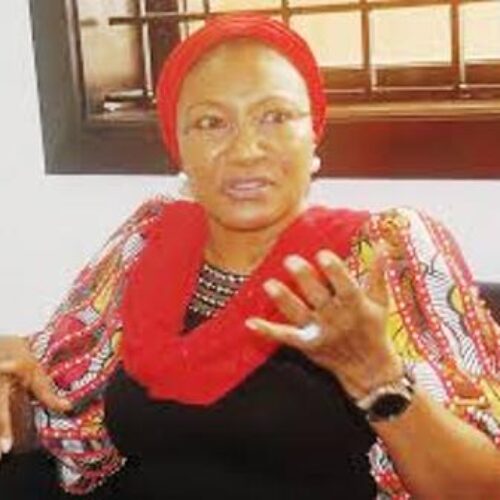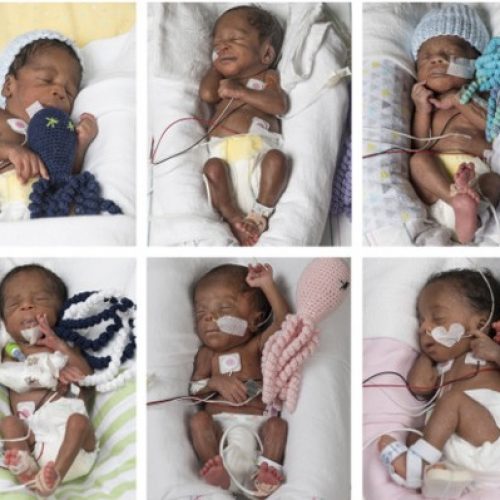Over 30,000 TB cases in Lagos undetected in 2024
-
Stakeholders say Nigeria must scale up efforts to end scourge
Amid statistics showing that the country recorded over 383,000 TB cases in 2024 with Lagos State alone reporting 19,052 cases—far below the estimated 50,000 expected cases, the Deputy Director and State TB & Leprosy Control Programme Manager, Dr. Olusola Sokoya and other stakeholders have restated the need to intensify efforts to end tuberculosis (TB) in Nigeria.
Saying the figures have revealed that more than 30,000 TB cases in Lagos went undetected and untreated thus putting more people at risk of infection Dr. Sokoya stressed the the urgent need for greater commitment, investment, and action.
He spoke at a media roundtable convened in Lagos by Journalists Against AIDS, JAAIDS, to discuss Nigeria’s TB burden as part of activities marking World Tuberculosis, TB, Day 2025, themed “Yes, We Can End TB: Commit, Invest, Deliver.”
Dr. Sokoya emphasized: “We have a treatment coverage of just 38% in Lagos, but we need to reach at least 75% to make a significant impact. The global goal is to end TB by 2030 or 2035. Can we achieve this? Yes, we can—but only if we all work together.”
He stressed that TB is both preventable and curable. Unlike hypertension, diabetes, and HIV, which require lifelong management, TB can be completely cured with a six-month treatment regimen. However, stigma and misinformation continue to hinder progress.
“TB is not caused by a generational curse or witchcraft—it is caused by the Mycobacterium tuberculosis bacterium. Unfortunately, a 2017 survey found that less than 30% of Nigerians are aware of TB symptoms. Without awareness, people won’t seek treatment, and we cannot eliminate the disease.”
Dr. Sokoya urged Nigerians to take advantage of free TB diagnosis and treatment available at general hospitals, primary healthcare centers, and select private facilities across the country.
Also speaking at the roundtable, Dr. Ime Okon, Medical Director/CEO of Ibeju Lekki General Hospital and Secretary of the Lagos State Stop TB Partnership, emphasized the need for stronger grassroots interventions.
“TB is often seen as a disease of the poor, but let’s be clear—it affects everyone. The low-income driver or domestic worker who interacts with people daily could unknowingly spread TB. It’s an airborne disease; it doesn’t care about social class,” she said.
Dr. Okon criticized the disparity in healthcare funding, noting that while diseases like COVID-19 received swift and massive financial support, TB continues to be underfunded despite being one of the world’s deadliest infectious diseases.
“In Lagos, we should be detecting at least 50,000 TB cases annually, yet we’re struggling to reach even half of that. This doesn’t mean the cases don’t exist—it means we’re failing to identify them. We need more funding, better diagnostic tools, and increased public awareness.”
She also raised concerns about drug shortages, revealing that some TB patients receive only two weeks’ worth of medication instead of the full six-month regimen.
“This is unacceptable. Once a diagnosis is confirmed, a patient should have their complete treatment pack ready.”
As Nigeria joins the rest of the world to mark World TB Day on March 24, stakeholders at the event reaffirmed their commitment to ensuring that TB treatment and prevention remain a national health priority.







0 Comments
No Comments Yet!
You can be first to comment this post!